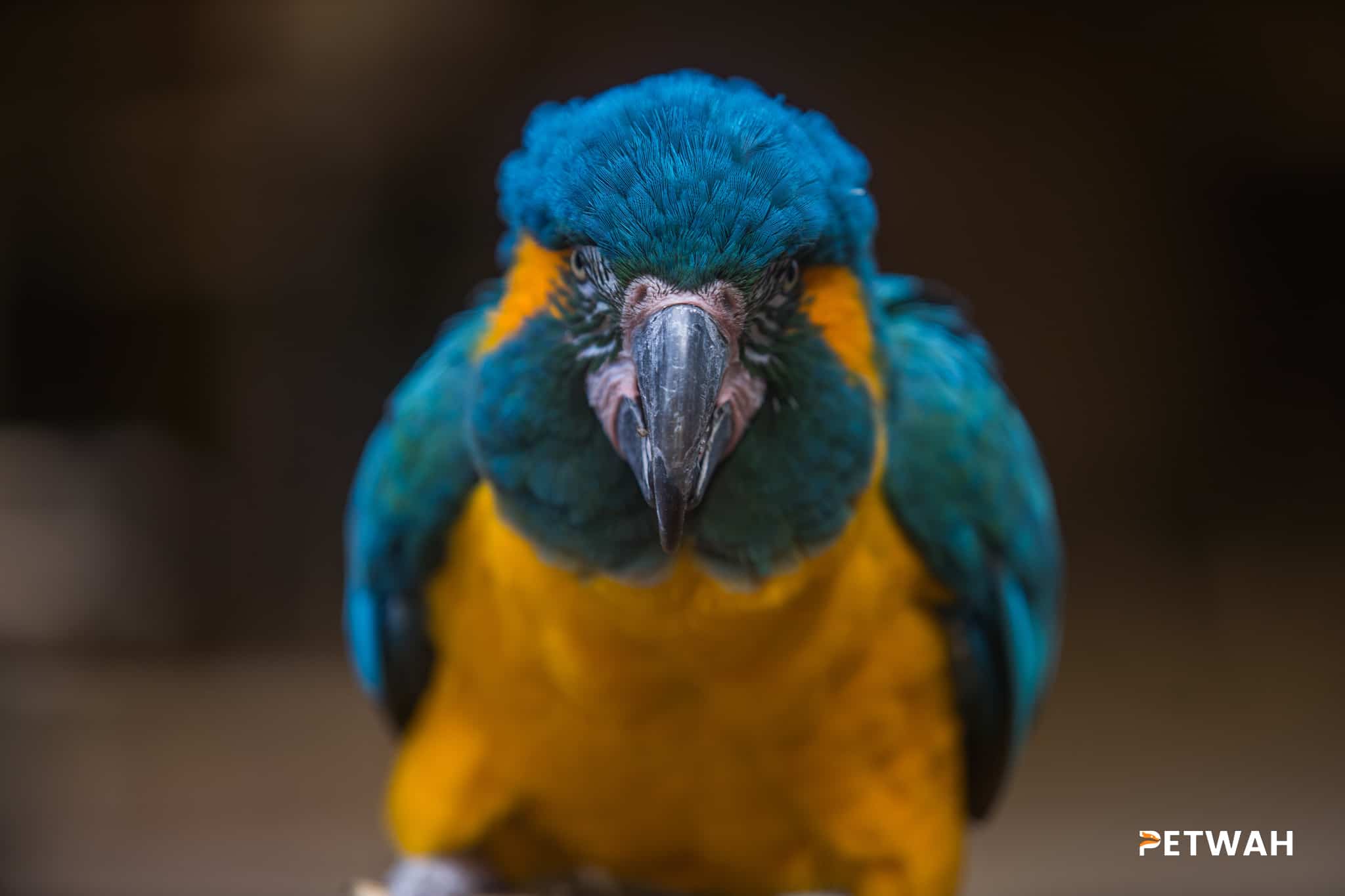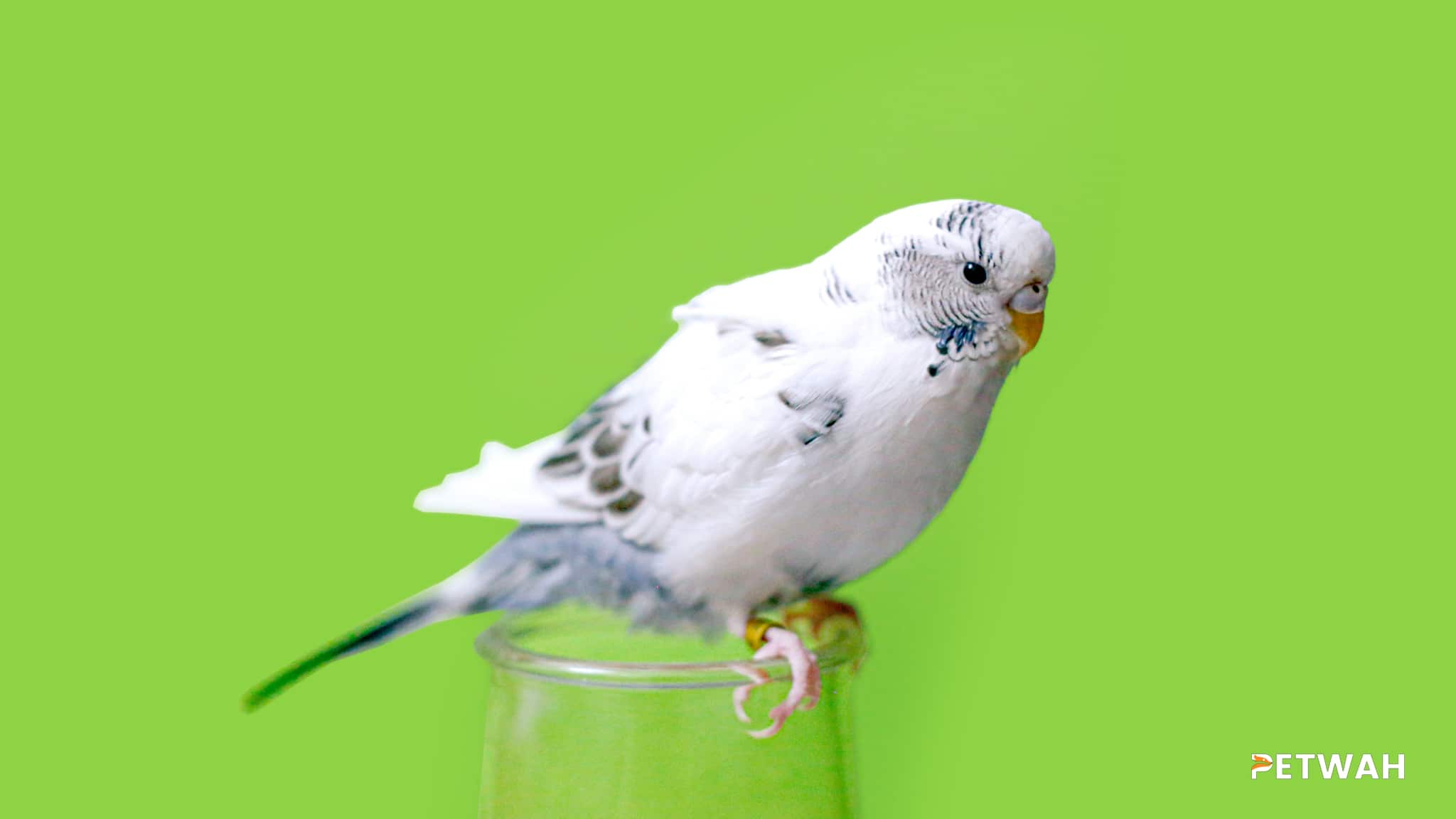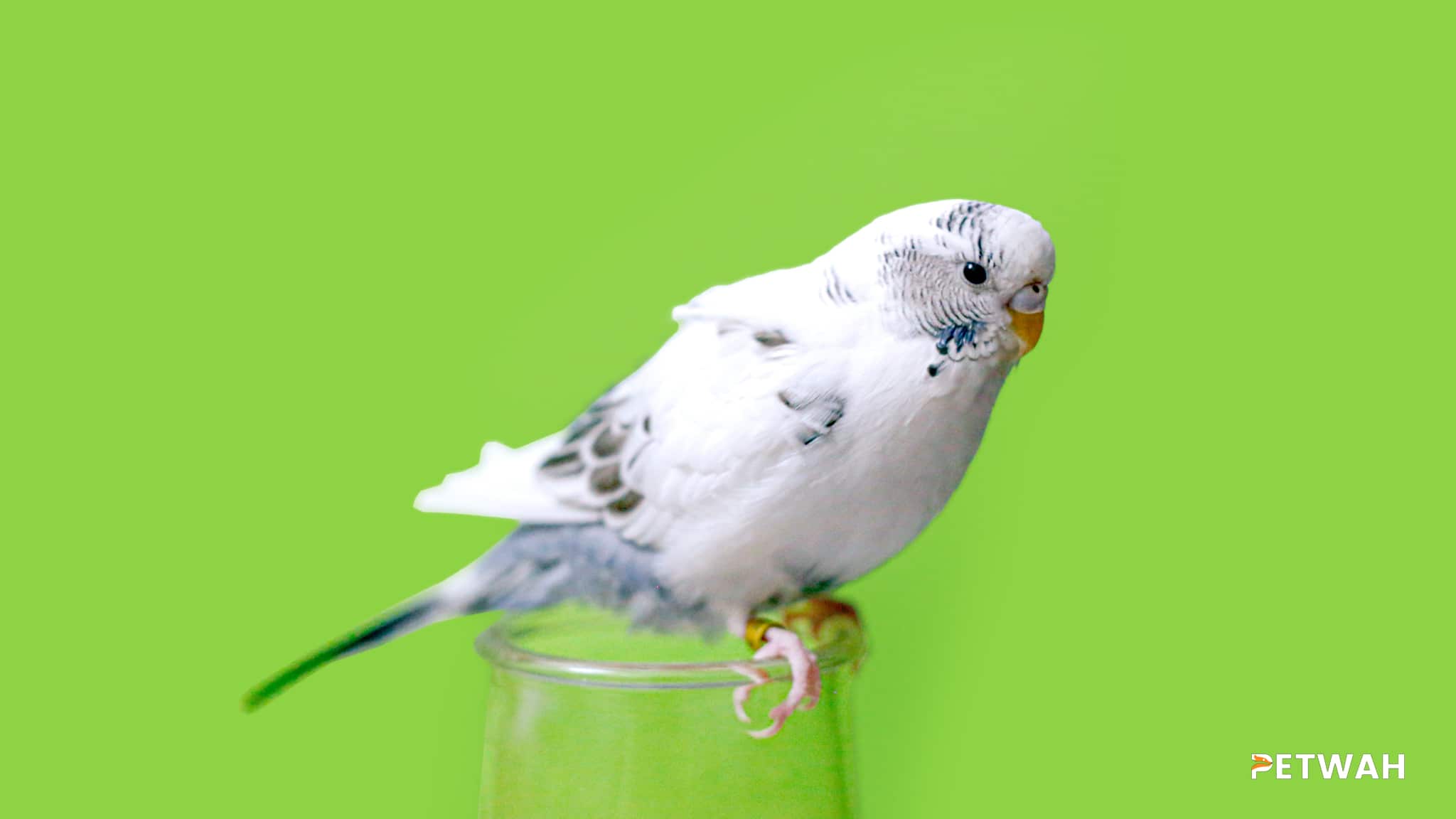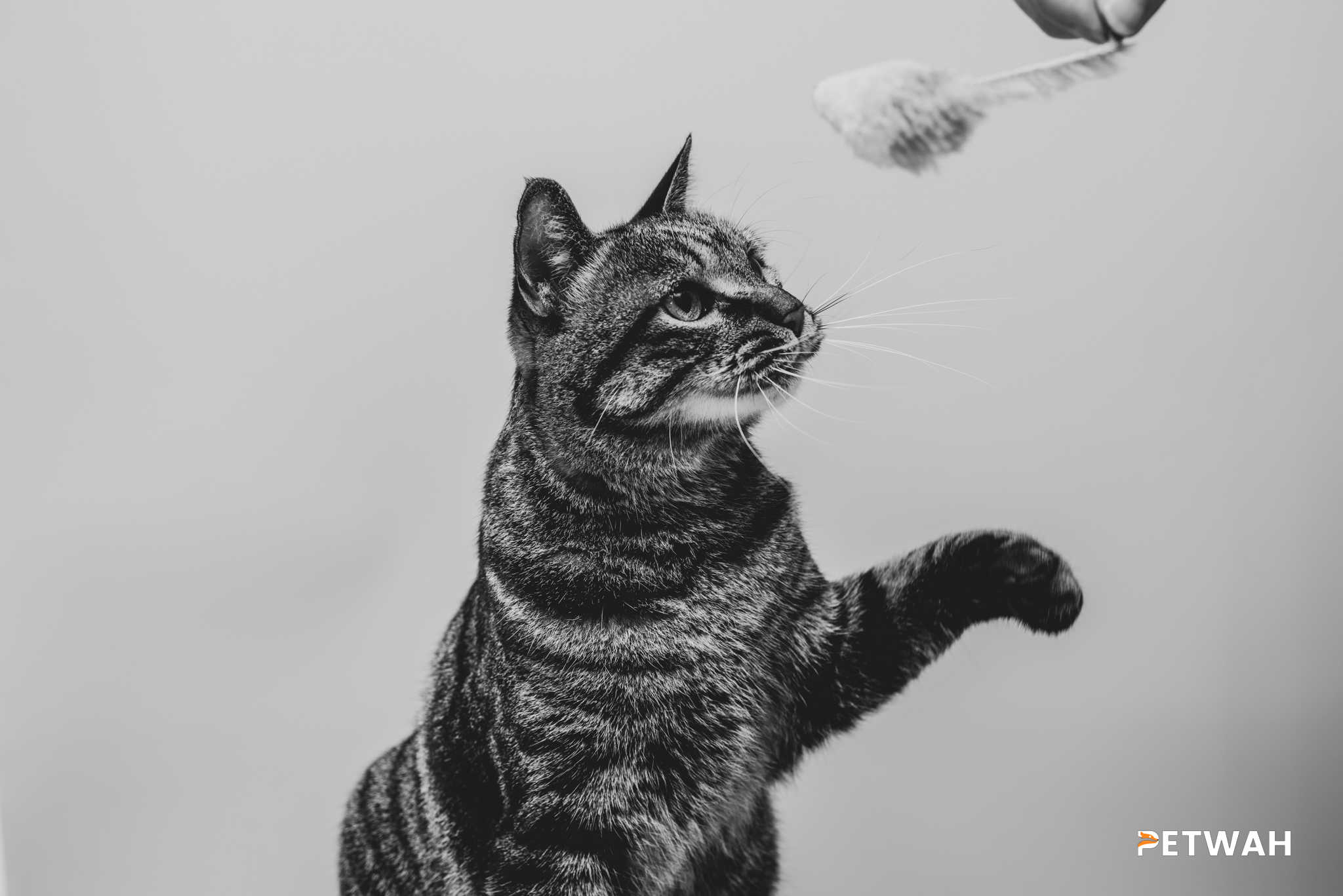Birds make wonderful companions, but they require attention and engagement to thrive in a domestic setting. For couples who own a bird, it’s essential to manage their time effectively to ensure their feathered friend doesn’t feel neglected or bored. By creating a schedule, providing stimulating toys, and incorporating interactive activities, couples can foster a happy and well-adjusted bird. In this article, we’ll explore practical tips and strategies for couples to manage their time and keep their bird entertained.
Creating a Schedule
Establishing a consistent routine is crucial for birds as it provides them with a sense of security. Couples should allocate specific times for feeding, socializing, playtime, training, and rest. This structured approach ensures that the bird’s needs are met and allows for a harmonious balance between work, personal obligations, and bird care.
– Set aside dedicated time for social interaction: Birds are highly social creatures and thrive on human interaction. Couples should allocate at least one hour each day to spend quality time with their bird, engaging in activities such as talking, singing, and gentle physical interaction.

– Incorporate regular training sessions: Birds are intelligent and enjoy learning new tricks and commands. Couples can dedicate short training sessions, lasting around 10-15 minutes, to teach their bird basic commands or engage in fun training exercises. Positive reinforcement techniques, such as using treats or praise, can be employed during these sessions to encourage desired behavior.
Providing Stimulating Toys and Activities
To prevent boredom and encourage mental stimulation, couples should provide their bird with a variety of engaging toys and activities. This helps keep their bird’s mind active and prevents common behavioral issues, such as feather plucking or excessive vocalization.
– Rotate toys regularly: Introduce a wide range of toys that are safe and suitable for the bird’s species. Regularly rotate the toys to provide novelty and prevent boredom. Interactive toys, such as puzzle toys or foraging toys, can be particularly beneficial as they stimulate the bird’s natural instincts.
– Allow for supervised outdoor time: Birds, particularly those who are flighted, benefit from supervised outdoor time in a safe and controlled environment. Creating a secure outdoor space or using a specialized bird harness allows the bird to enjoy fresh air and natural stimuli, promoting overall well-being.
Incorporating Interactive Activities
In addition to social interaction and toys, couples can engage their bird in interactive activities to provide mental and physical engagement.
– Teach your bird to forage for food: Birds enjoy foraging for their food in the wild, and this behavior can be replicated at home. Hide small amounts of food or treats in various locations within the bird’s enclosure, encouraging the bird to explore and engage in natural foraging behavior.
– Provide opportunities for flight: Birds are natural fliers, and allowing them to exercise their wings safely is beneficial. Couples can designate a secure space within their home or invest in a flight cage to provide the bird with regular flight opportunities.
Conclusion
By prioritizing their bird’s needs and incorporating these tips into their daily routine, couples can ensure that their feathered companion receives the attention, mental stimulation, and physical exercise required for a happy and fulfilled life. Managing time effectively, providing stimulating toys and activities, and engaging in interactive exercises all contribute to a healthy environment for both the bird and the couple. Remember, a well-cared-for bird is a happy bird.
Frequently Asked Questions (FAQs)
Q1: How much time should I spend with my bird every day?
A1: It is recommended to spend at least one hour each day with your bird for social interaction and quality time.
Q2: How can I prevent my bird from getting bored?
A2: Rotate toys regularly, introduce interactive toys, incorporate foraging activities, and provide opportunities for flight or supervised outdoor time to prevent boredom in your bird.
Q3: Can I train my bird to do tricks?
A3: Yes, birds are intelligent creatures and can be trained to learn tricks and commands using positive reinforcement techniques.
Q4: Is it necessary to create a schedule for my bird?
A4: Establishing a consistent routine is crucial for birds as it provides them with a sense of security. Creating a schedule helps ensure that their needs are met and promotes a harmonious balance between work, personal obligations, and bird care.
Q5: How can I provide mental and physical stimulation for my bird?
A5: Providing stimulating toys, engaging in interactive activities like foraging, and allowing for supervised outdoor time or flight opportunities can offer both mental and physical stimulation for your bird.
For more information on bird care and to explore a wide range of products for your feathered companion, visit PetWah.com.
PetWah offers a variety of high-quality bird toys, cages, and accessories to keep your bird entertained and enriched. Visit PetWah.com today to ensure your bird’s happiness and well-being.






.jpg)
